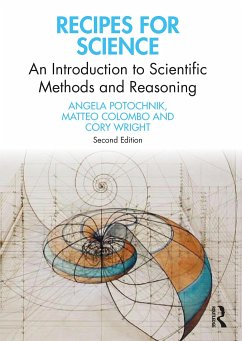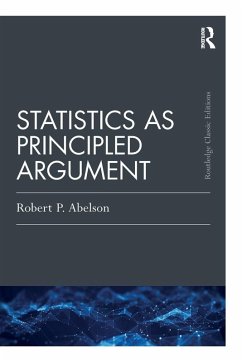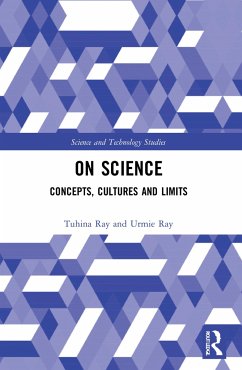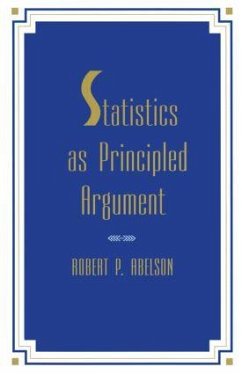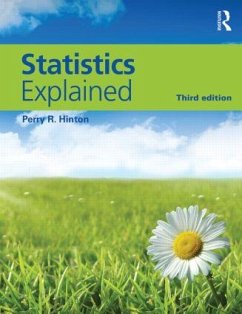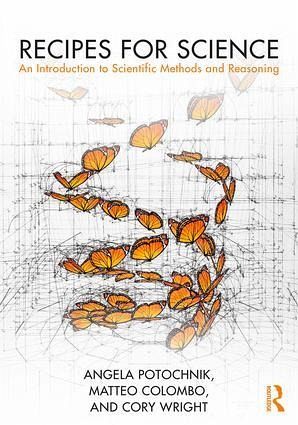
Recipes for Science
An Introduction to Scientific Methods and Reasoning
Versandkostenfrei!
Versandfertig in über 4 Wochen
57,99 €
inkl. MwSt.
Weitere Ausgaben:

PAYBACK Punkte
29 °P sammeln!
The book is designed to help undergraduates (at any instructional level) better understand the methods and rational structure of scientific inquiry. Recipes for Science is essential for any college studentâ s basic scientific education.




